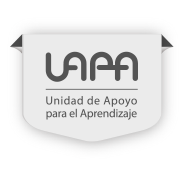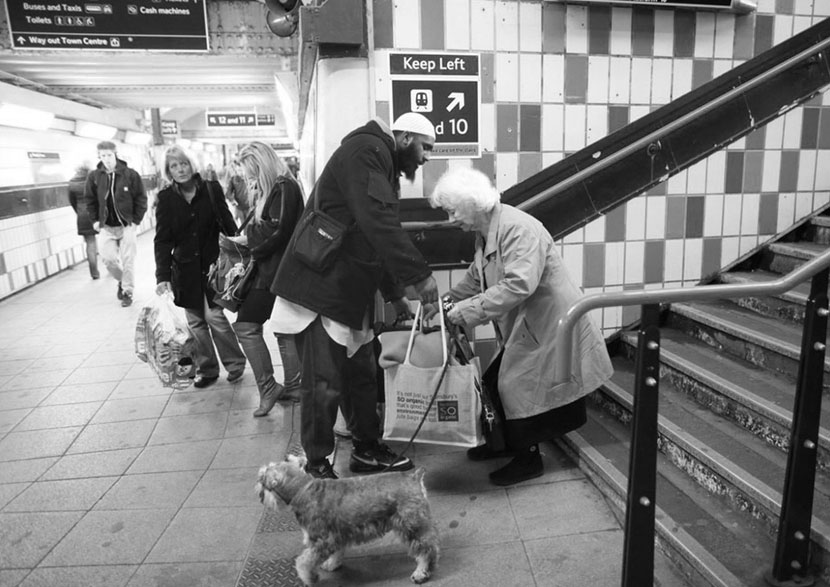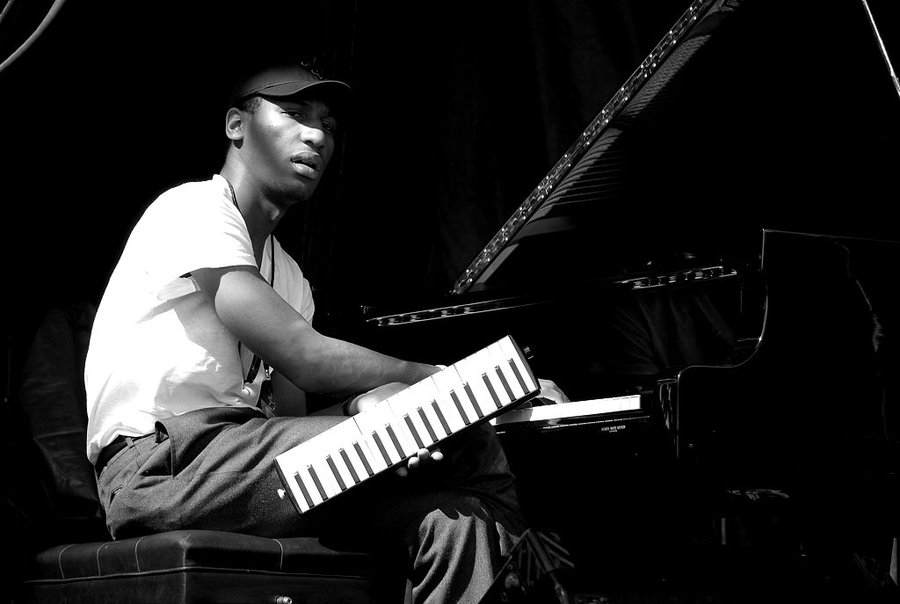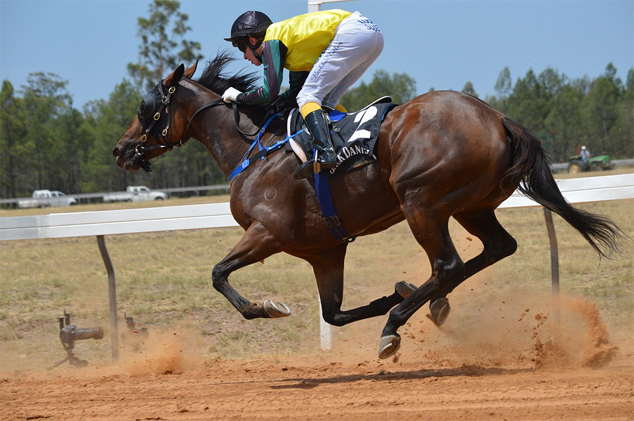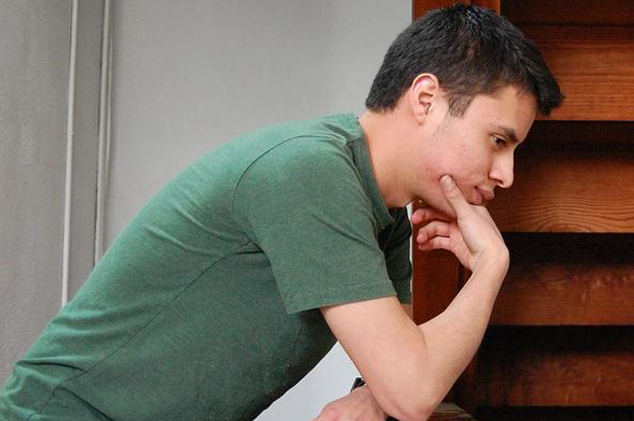
NA. (2012). Owl. [Image]. Retrieved from: https://pixabay.com/es/lechuza-ave-libro-wise-naturaleza-47526/.
What are they?
Modal + Verb
Modal: a way to express an action with a different perspective: a modality.
Verb: an action that changes its spelling when conjugated.
Look at this example: Play the piano -> a regular action.
Modal verbs do not change their spelling when conjugated.
Example:
- I can run.
- He can write poems. -> NOT he CANS write poems.
- You should wear a jacket.
- She should do her homework. ->NOT she SHOULDS do the homework.
- They couldn’t swim because it rained a lot. -> NOT They DON’T COULD swim…
- Would she cook the dinner tonight? -> NOT DOES SHE WOULD cook the dinner tonight?
- Modal verbs unlike other verbs, they don’t change their form or spelling and have no infinitive or participle (past/present). They can be easily used in sentences. The structure for CAN, COULD, SHOULD and WOULD is:
- Remember that for the formal form abbreviations are not used and have to use the negative particle NOT. In the negative form, you have to change the position of the subject (1) and the modal verb (2). The action verb is always in simple form, is in the third position.
- Another essential thing to consider, negative and interrogative forms, modal verbs do not need auxiliaries (do or does) in negative and interrogative forms.
 |
+ Modal verb | + action verb in simple form | + complement |
|---|---|---|---|
| You | can | understand | modals. |
| 1 | 2 | 3 | 4 |
Notice that modal verbs have clear meanings and are used depending on the kind of function you want to express:
- ABILITY
- POSSIBILITY
- SUGGESTION
- REQUEST
Then you select: CAN, COULD, SHOULD or WOULD.
